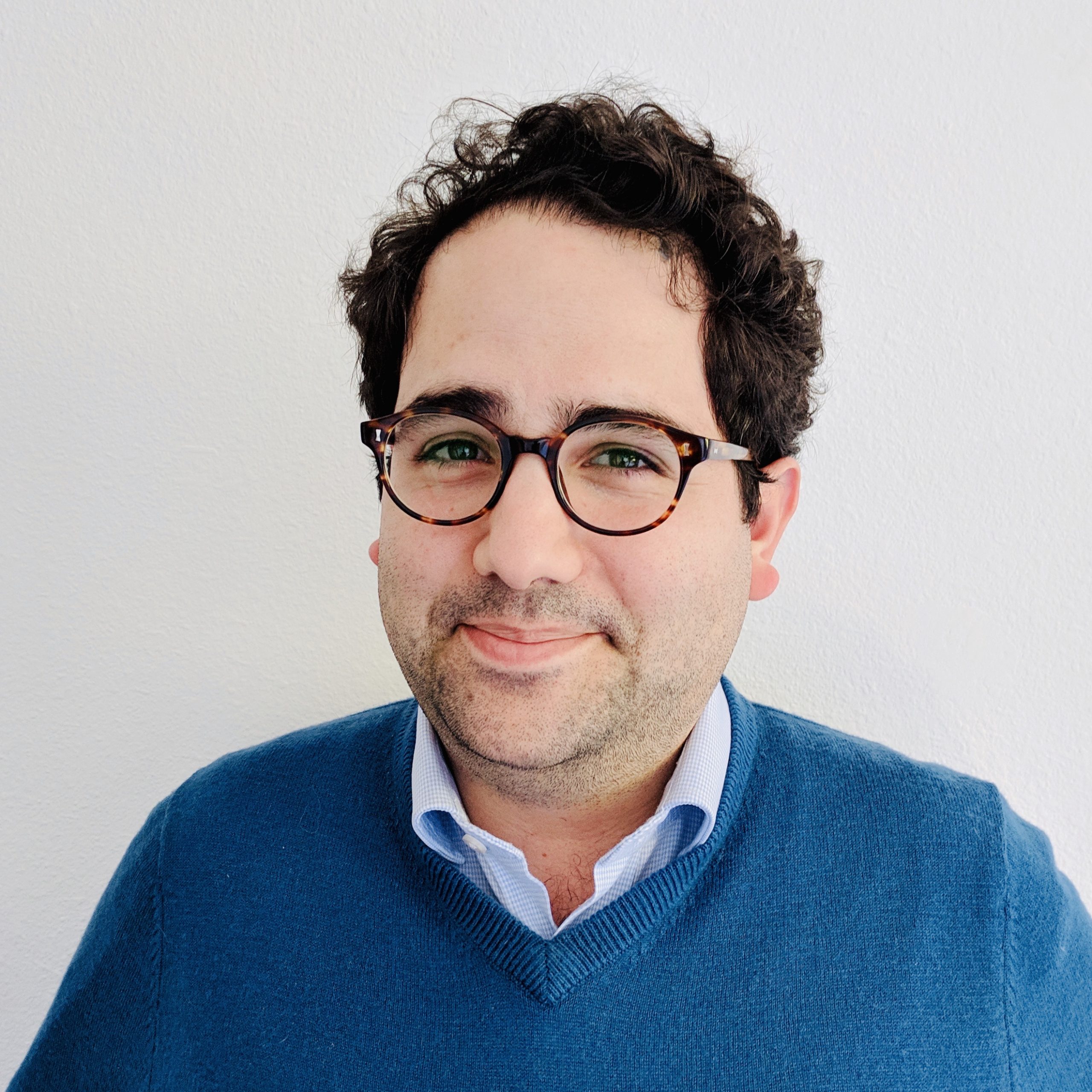I am a historian of colonial Latin America and a scholar and practitioner of digital humanities and digital public history. Across these areas my work is rooted in the study of the history of the indigenous peoples of the region of modern-day Colombia, known as the New Kingdom of Granada during the Spanish colonial period.
My work on colonial Latin America takes advantage of New Granada’s distinctive perspective to explore key questions in early modern history. One focus of this work has been the history of ideas and practices of race and difference, particularly surrounding indigenous peoples and their descendants under Spanish rule. Another has been the history of early modern Ibero-American law (with a focus on ecclesiastical or “canon” law), exploring how legal regimes were produced, contested, negotiated, and translated by Europeans, indigenous peoples, and their descendants. The third has been the history of indigenous religious, political, and cultural change under colonialism, exploring the transformations undergone by indigenous peoples of the Northern Andes as a result of the Spanish invasion of their lands in the early 16th century and subsequent efforts to transform them into tribute-paying Catholic subjects of the Spanish monarchy.
My digital work has focused on the preservation of historical materials through digitisation, for which I design and build custom hardware and software, and on the creation of digital archives, tools, and resources to make the use and study of these materials possible in new and different ways. As a public historian, I have also worked on multiple public-facing initiatives to bring historical materials to new audiences, through community-based cataloguing and peer-production projects in Colombia and Peru. My work in these areas has taken place through Neogranadina, a Colombian non-profit foundation I co-founded with colleagues for this purpose. With the help of UCSB graduate and undergraduate students, and volunteers around the world, we have made thousands of colonial materials from Colombian archives available online for the first time. You can access them here.
- Religious conversion and colonialism.
- The history of law and normativity.
- Languages in colonial contexts.
- Race and identity in the early modern world.
My latest book project, The coming of the Kingdom: the Muisca, Catholic reform, and Spanish colonialism in the New Kingdom of Granada (forthcoming with Cambridge University Press), is a history of colonialism, religious reform, and historical writing that explores the engagement of the indigenous peoples of the New Kingdom of Granada with Christianity, in the context of the construction of Spanish colonial rule in the Northern Andes and the transformation of Roman Catholicism in the early modern period.
Co-edited with Natalie Cobo, La legislación de la arquidiócesis de Santafé en el periodo colonial [The legislation of the archdiocese of Santafé in the colonial period] (Bogotá, Colombia: Instituto Colombiano de Antropología e Historia, 2018). [Open access digital edition available here]
Mestizos Heraldos de Dios: la ordenación de sacerdotes descendientes de españoles e indígenas en el Nuevo Reino de Granada y la racialización de la diferencia, c.1573-1590 [Mestizo Heralds of God: the ordination of priests of Spanish and indigenous descent and the racialization of difference] (Bogotá, Colombia: Instituto Colombiano de Antropología e Historia, 2012). [Open access digital edition available here]
- HIST2B: World History, 1000-1700
Survey of the peoples, cultures, and social, economic, and political systems that have characterized the world’s major civilizations in Europe, Asia, Africa, the Americas, and Oceania from 1000 to 1700 CE. - HIST151A: Latin American history, 1492-1800
A general survey of the social, economic, institutional, and intellectual history of colonial Spanish America (1492-1800), with comparisons to colonial Brazil. - HIST151R: Undergraduate Research Seminar in Latin American History
A research seminar in Latin American history. Students will conduct historical research in a seminar context, using both primary and secondary source materials, to produce an original and substantial research paper. Topics addressed: defining a research problem, identifying an original topic, conducting research, citing sources, and presenting results. Intensive writing required. - HIST154LA: Andean History: pre-Hispanic and colonial periods
The history of the Andean region broadly defined from pre-Columbian times to the colonial period. Topics include the Incas and their predecessors; indigenous societies in the Northern and Southern Andes; the formation and development of colonial societies; religion; the economy; and global connections. - HIST156A: History of Mexico: pre-Hispanic and colonial periods
The history of colonial New Spain, from California to Central America and from the Philippines to the Caribbean. Topics include pre-Columbian societies, including the Aztecs; the formation and development of colonial societies; religion; the economy; and global connections. - HIST150CL: Colonialism and Language.
All colonial projects had to face the problem of linguistic differences, but the ways in which they did so were far from uniform and are very revealing of their different ambitions, ideological foundations, and local circumstances. This course explores the history of colonialism comparatively from the perspective of language, from the early modern period to the twentieth century, in Latin America, Africa, and Southeast Asia.

